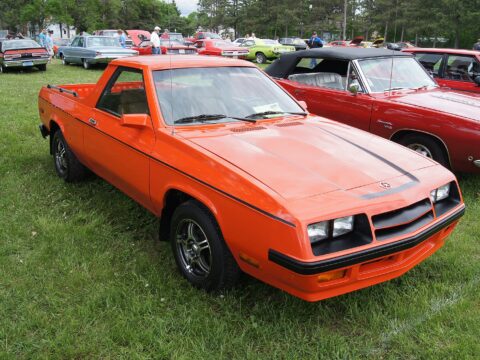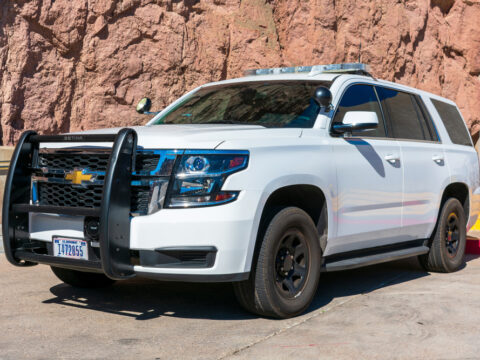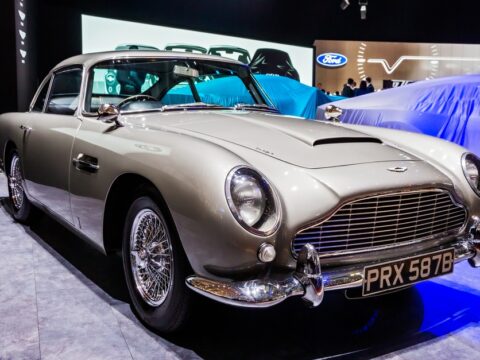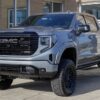Hybrid cars offer many benefits, but they may not be the best choice for everyone. Before making a purchase, it’s important to consider whether a hybrid fits your lifestyle and driving habits. Here are some key signs that hybrid cars might not be the right purchase for you.
Contents
Long Highway Commutes

Hybrid cars are most efficient in city driving, where they can take advantage of regenerative braking and electric-only modes. If your daily commute involves long stretches of highway driving, a hybrid may not provide significant fuel savings. Hybrid systems are less effective at high speeds, where the gasoline engine does most of the work, reducing the overall fuel efficiency advantage. For example, drivers who mostly use highways may find that a traditional gasoline car with high mpg ratings, like the Toyota Camry or Honda Accord, offers better fuel economy in these conditions.
High Initial Cost
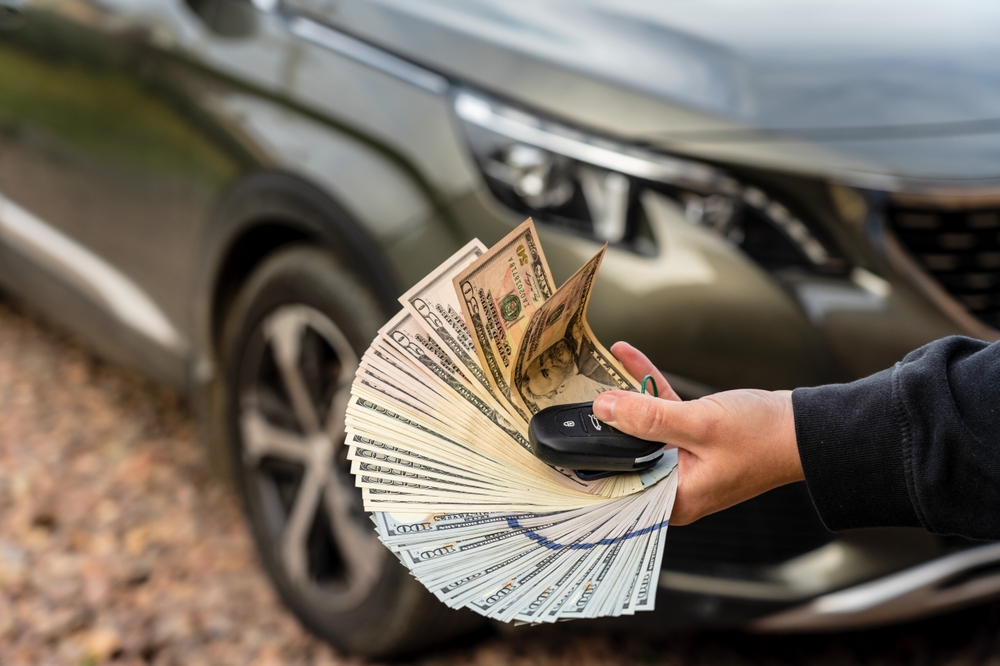
Hybrid cars generally come with a higher initial purchase price compared to their gasoline-only counterparts. This premium can be several thousand dollars, which may not be offset by fuel savings if you don’t drive enough miles annually. For example, a Toyota Prius typically costs more upfront than a similarly equipped Toyota Corolla. If the extra cost of the hybrid model outweighs the fuel savings over the life of the car, it may not be the best financial decision.
Limited Access to Charging Infrastructure
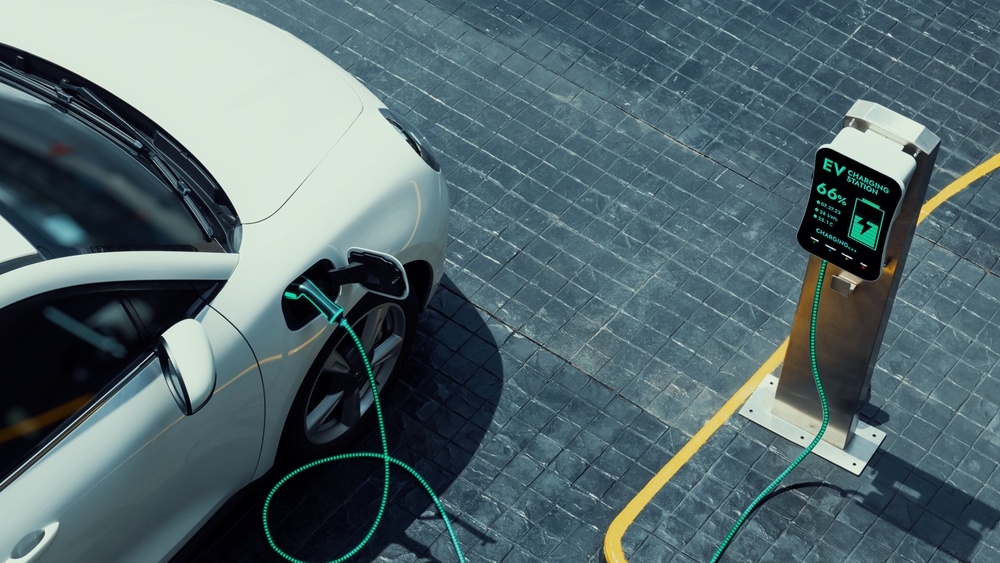
While hybrids do not require external charging, plug-in hybrids do benefit from being plugged in to maximize electric driving range. If you don’t have easy access to charging infrastructure at home or work, you won’t be able to take full advantage of the electric-only driving capabilities of a plug-in hybrid. This could lead to reliance on the gasoline engine more often, diminishing the benefits of the hybrid system.
Low Annual Mileage

If you drive fewer miles annually, the fuel savings offered by a hybrid may not be sufficient to justify the higher purchase price. For instance, if you drive less than 10,000 miles per year, the difference in fuel costs between a hybrid and a conventional car will be minimal, making it harder to recoup the initial investment in a hybrid vehicle.
Preference for High Performance

Hybrid cars often prioritize fuel efficiency over performance. If you prefer a car with high horsepower and quick acceleration, hybrids may not meet your expectations. For example, while the Toyota Prius is highly efficient, it doesn’t offer the same performance and driving excitement as a conventional sports sedan or a performance-oriented vehicle like a BMW 3 Series.
Long-Term Ownership Concerns

While hybrids are known for their reliability, they have complex systems that can be expensive to repair once the warranty expires. If you plan to keep your car for a long time and are concerned about potential high repair costs, a conventional gasoline vehicle might be a safer bet. The cost of replacing a hybrid battery, for instance, can run into several thousand dollars, which can be a significant expense for long-term owners.
Concerns About Resale Value

Hybrid cars can have varying resale values depending on market demand and the availability of newer, more advanced models. If you’re concerned about the depreciation rate and potential resale value of your vehicle, you might prefer a gasoline car with a more predictable resale market. Historically, some hybrids have faced steeper depreciation rates compared to their gasoline counterparts.
Cold Climate Impact
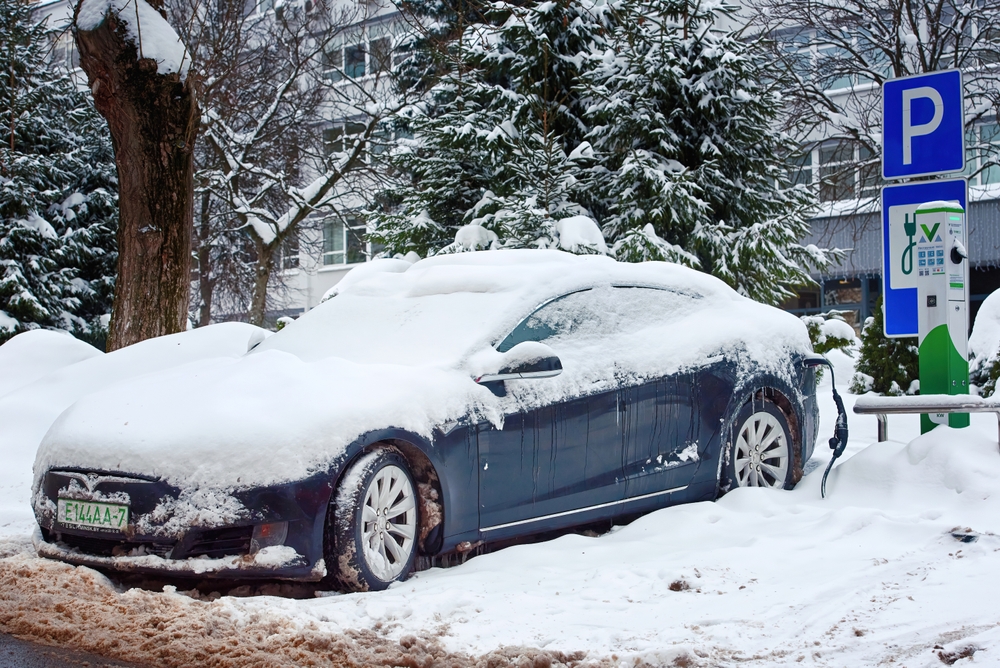
In colder climates, hybrid batteries can be less efficient, leading to lower fuel savings. The need to run the gasoline engine more frequently to provide cabin heat and maintain battery temperature can diminish the overall efficiency of the hybrid system. For example, in regions with harsh winters, the fuel efficiency of a hybrid can drop significantly, reducing the expected savings.
Towing and Heavy Loads

Hybrids are generally not designed for towing or carrying heavy loads. If you need a vehicle that can handle towing a trailer or carrying heavy cargo regularly, a traditional gasoline or diesel vehicle may be more suitable. Hybrid systems add weight and complexity, which can negatively impact towing capacity and performance under heavy loads.
Limited Trunk Space
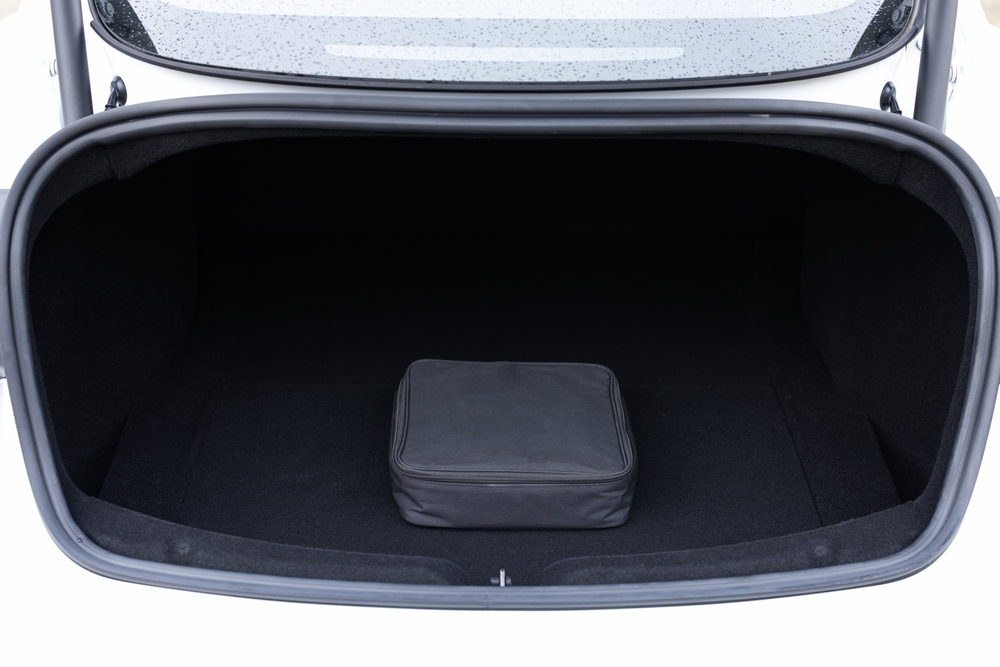
The battery pack in a hybrid car often takes up valuable trunk space, which can be a significant drawback if you frequently need to carry large amounts of cargo. For example, the Honda Accord Hybrid has less trunk space compared to the non-hybrid Accord, which could be an issue for those needing ample storage capacity.
Frequent Long-Distance Travel

If you frequently embark on long-distance trips, the fuel savings of a hybrid may not be as pronounced compared to a gasoline vehicle with a large fuel tank and good highway mileage. The necessity to stop frequently for refueling or recharging (in the case of plug-in hybrids) can be inconvenient compared to a conventional vehicle with a longer range.
Concerns About Battery Longevity
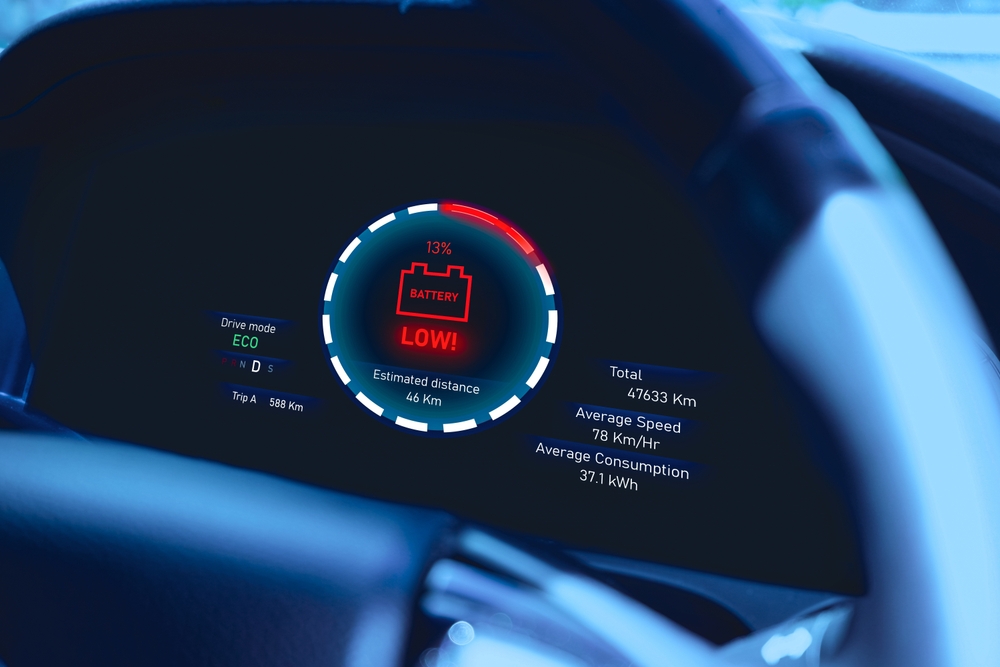
The longevity of hybrid batteries can be a concern for some buyers, as the cost to replace them can be high. While hybrid batteries are generally designed to last the life of the car, there is still the potential for expensive replacements or repairs as the vehicle ages. If the idea of replacing a hybrid battery is worrisome, sticking with a traditional gasoline vehicle might be a better option.
High Repair Costs

Hybrid vehicles have complex systems that require specialized knowledge to repair. If you live in an area where qualified hybrid technicians are scarce or repair costs are prohibitively high, a conventional gasoline vehicle might be more practical. The cost of maintaining and repairing hybrid systems can be significantly higher than traditional engines.
Lack of Driving Fun
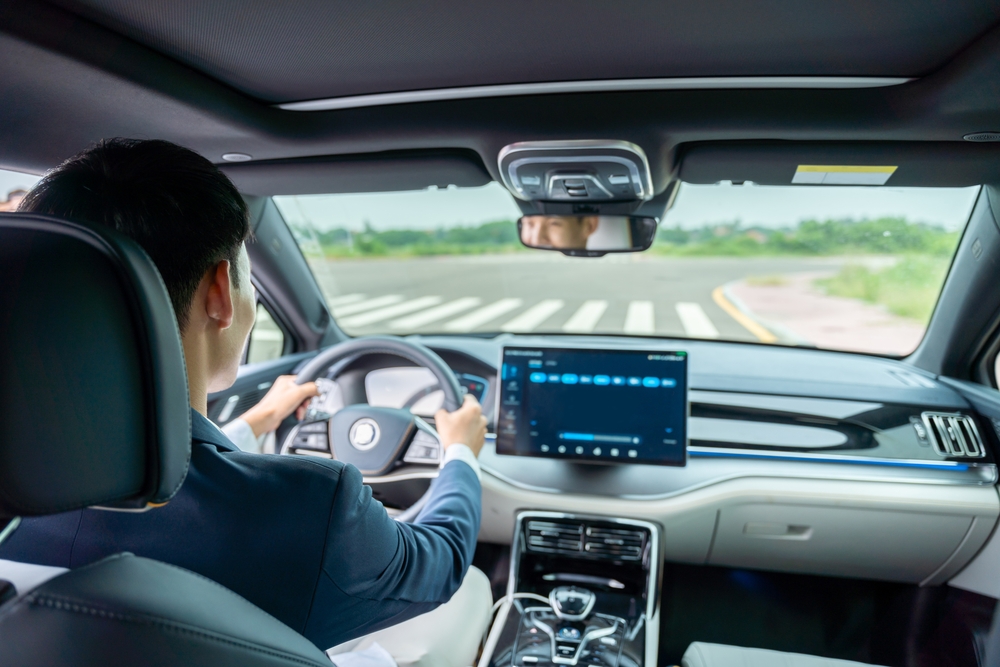
Hybrids are often designed with efficiency in mind, which can result in a less engaging driving experience. If you prioritize driving pleasure, handling, and performance, hybrids might not deliver the driving dynamics you desire. Traditional gasoline cars, especially those with sporty tuning, tend to provide a more enjoyable driving experience.
Limited Model Availability

The selection of hybrid models might not be as extensive as gasoline vehicles, particularly in certain segments like trucks or sports cars. If you have specific needs or preferences that aren’t met by the available hybrid models, you might be better off with a gasoline vehicle that offers the features and performance you’re looking for.
Higher Insurance Costs

Insurance premiums for hybrid cars can be higher due to their higher purchase price and the cost of repairs. If insurance costs are a significant concern for you, this added expense might outweigh the fuel savings provided by a hybrid. It’s essential to compare insurance quotes for hybrid and gasoline models before making a decision.
Limited Benefits in Regions with Cheap Fuel
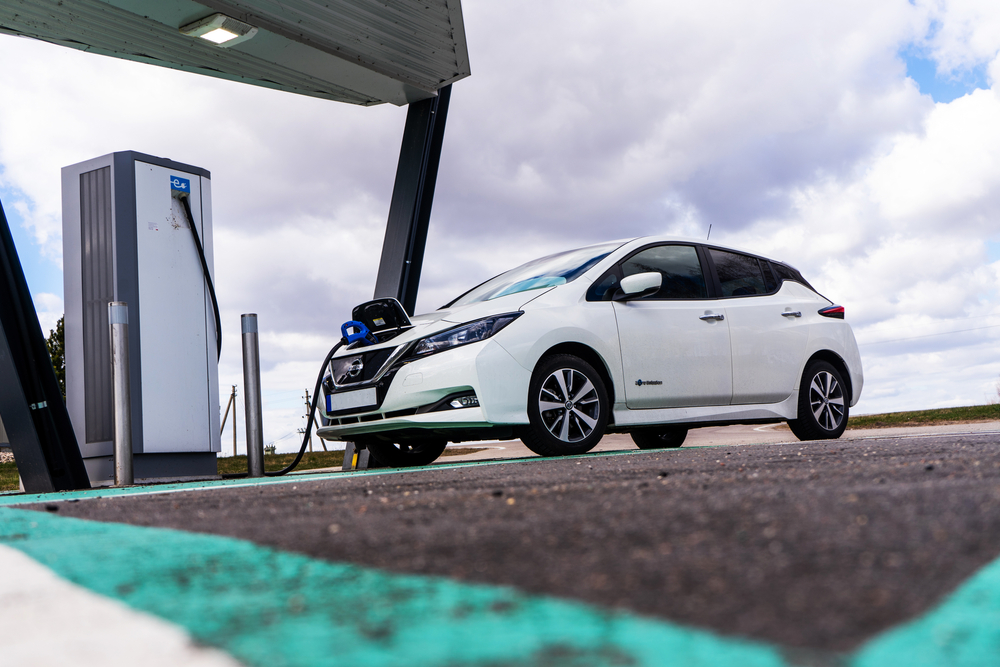
In regions where gasoline prices are low, the fuel savings from driving a hybrid might not be significant enough to justify the higher initial cost. The economic advantage of driving a hybrid is reduced when fuel is inexpensive, making gasoline vehicles a more cost-effective option in such areas.
Unfamiliarity with Hybrid Technology
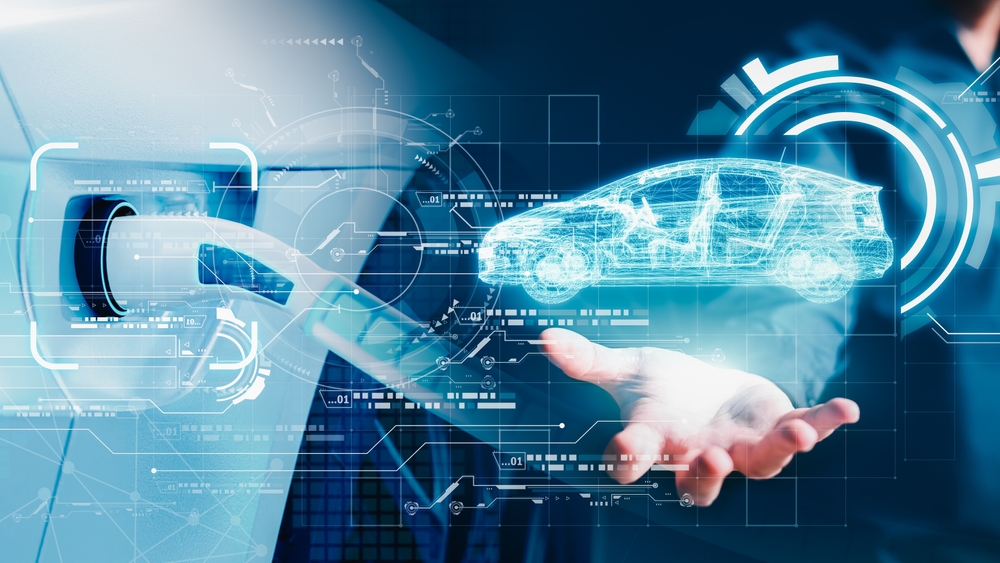
If you’re not comfortable with or interested in learning about hybrid technology and its maintenance, owning a hybrid might be more trouble than it’s worth. Hybrid systems are more complex than traditional gasoline engines, and understanding how to maximize their efficiency and maintain them properly can require a learning curve.
Concerns About Charging Infrastructure for Plug-in Hybrids
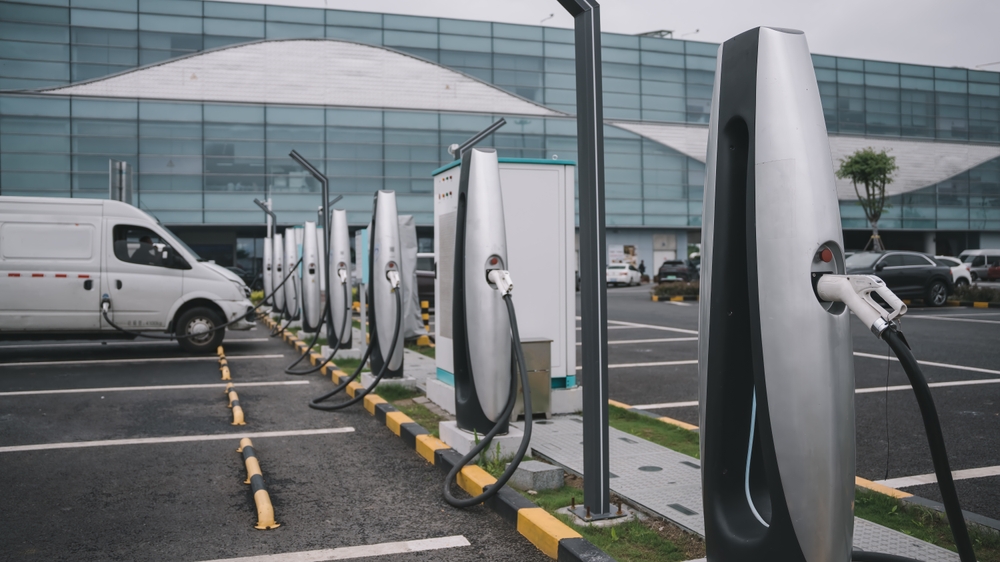
For plug-in hybrids, the availability and convenience of charging infrastructure are critical. If you don’t have access to reliable and convenient charging options at home or in your area, you might not be able to take full advantage of the electric driving range, making a conventional hybrid or gasoline car a better choice.
Lower Fuel Savings in Rural Areas
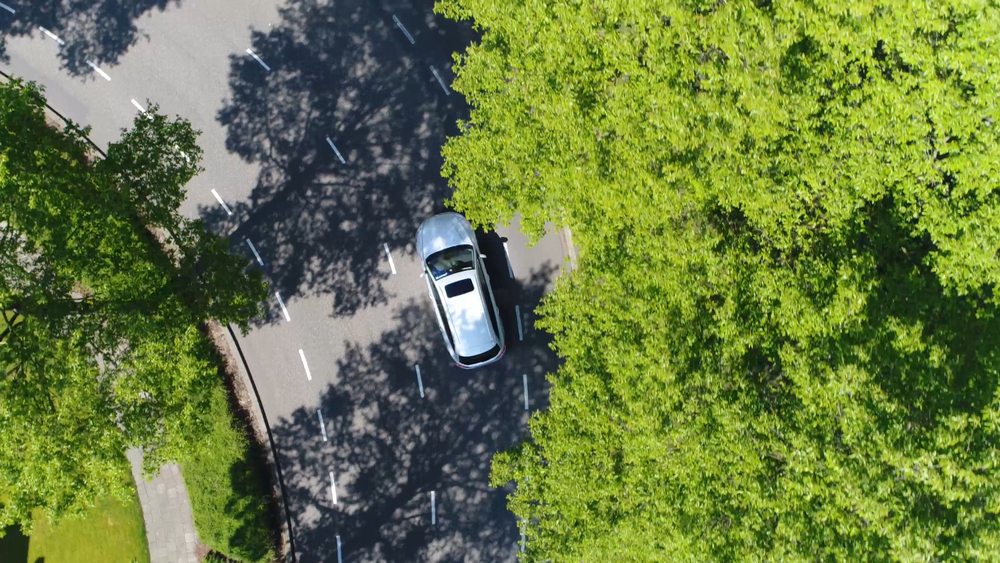
In rural areas with long, open roads and fewer stop-and-go traffic situations, the fuel-saving benefits of hybrids are less pronounced. Conventional gasoline vehicles that offer high highway mileage can be more practical and cost-effective for rural drivers who spend more time on highways than in urban traffic.
This article originally appeared on MyCarMakesNoise.
More from MyCarMakesNoise
The 20 Mercedes-Benz AMG Strongest Models Born from Racing Heritage

When it comes to blending raw power with racing precision, Mercedes-Benz AMG models stand in a league of their own. These 20 AMG machines, born from a rich racing heritage, showcase the brand’s relentless pursuit of performance. Read More.
Top 15 Pitfalls of Overlooking Engine Maintenance
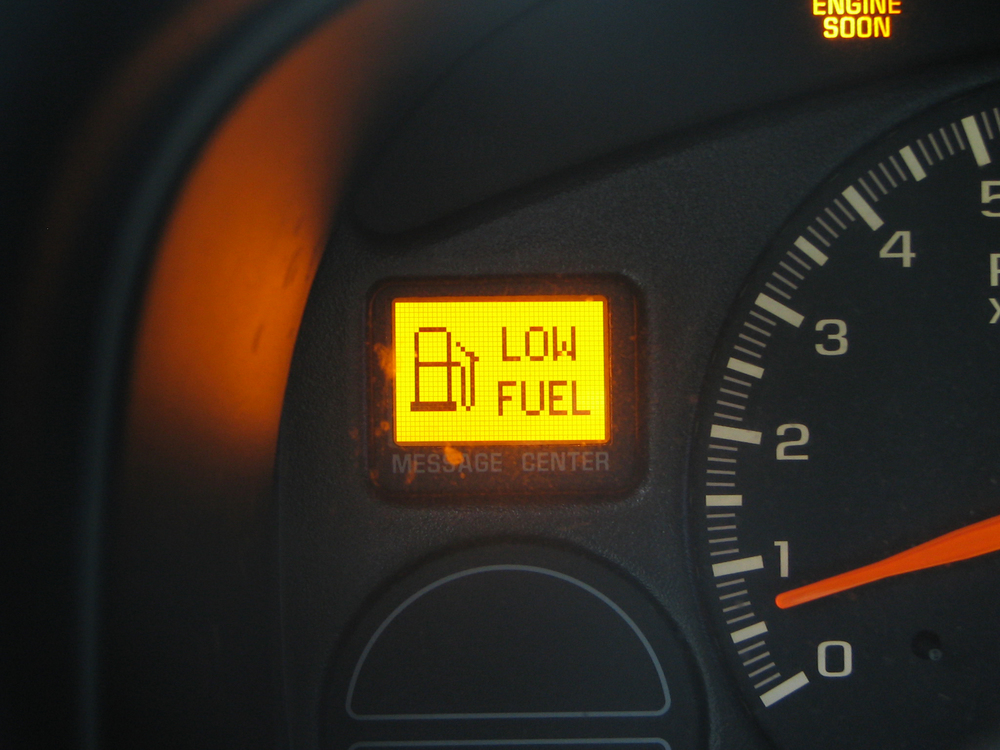
Overlooking engine maintenance might seem like a way to save time or money, but it can lead to serious and costly issues down the road. Regular check-ups are essential for keeping your car running smoothly and avoiding unexpected breakdowns. Read More.
11 Fascinating Truck Museums Featuring Vintage and Modern Rigs

f you’re a fan of trucks or simply curious about their history, there’s no better way to dive in than by visiting a truck museum. These museums showcase everything from vintage rigs that paved the way for modern transportation to the latest innovations in trucking technology. Read More.

